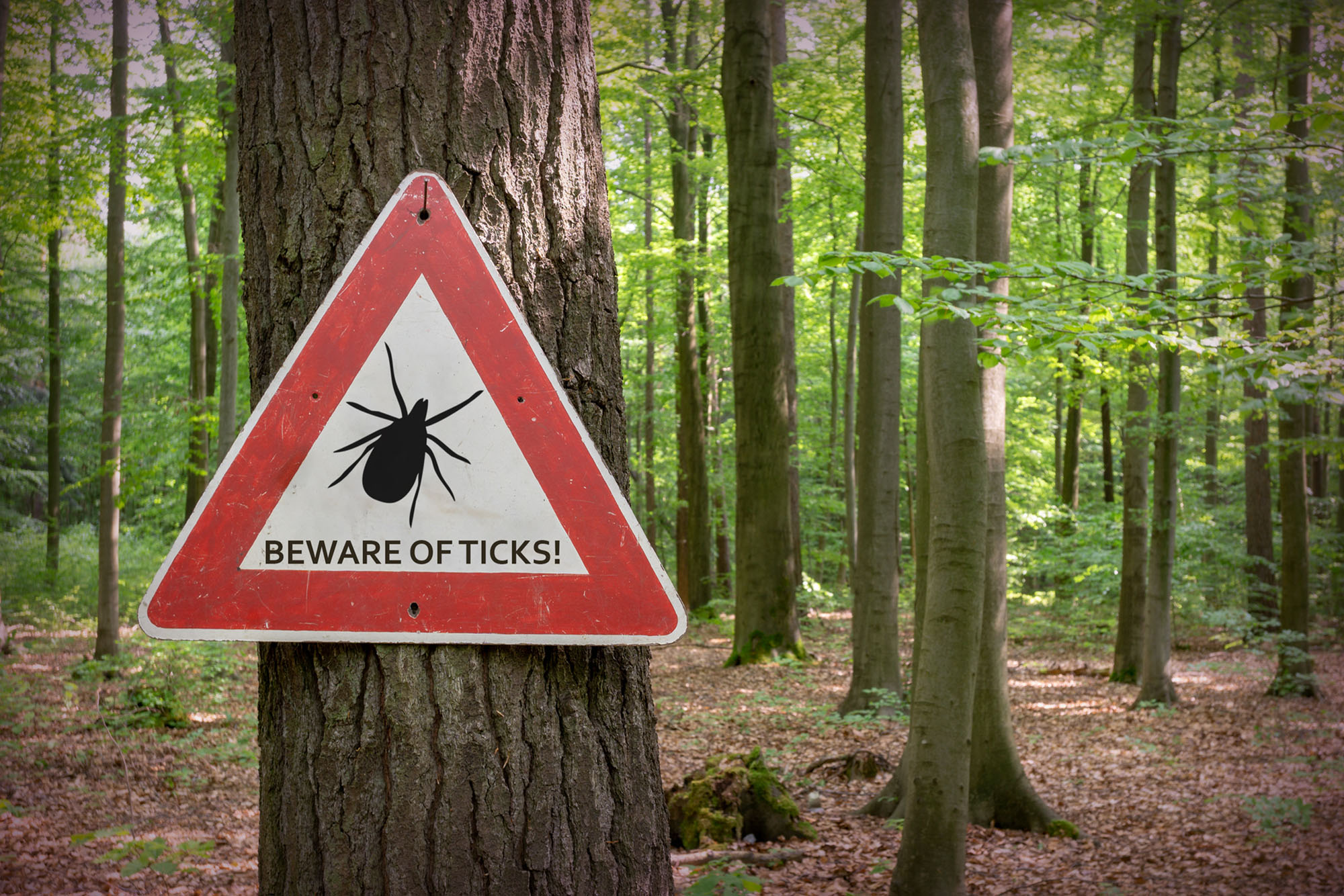10
May

May is Lyme Disease Awareness Month
Premier explains what you need to know about ticks and what symptoms to look for.
Exposure to ticks can occur all year long, but especially during the warmer months.
Tips for avoiding ticks
- Ticks live in grassy, brushy or wooded areas. You can come in contact with ticks even in your backyard.
- Before going outside, treat your clothing with products containing 0.5% permethrin. Treat your clothes, boots and camping gear.
- Use the Environmental Protection Agency (EPA) registered insect repellents. Find tips on choosing the right one here.
- Follow product instructions:
- Do not use repellent on babies younger than 2 months old.
- Do not use products containing OLE or PMD on children under 3 years old.
After coming indoors
- Check your clothing for ticks.
- Tumble dry clothes in a dryer on high heat for 10 minutes to kill ticks
- Examine gear and pets.
- Shower within 2 hours of coming indoors.
- Showering has been shown to reduce your risk of getting Lyme disease and other tickborne diseases.
- Showering may help wash off unattached ticks and is a good opportunity to do a tick check.
Early signs of Lyme Disease
- Fever, chills, headache, fatigue, muscle and joint aches, and swollen lymph nodes
- Erythema Migrans (EM) rash:
- Occurs in approximately 70 to 80 percent of infected persons
- Begins at the site of a tick bite after a delay of 3 to 30 days
- Expands gradually over a period of days
- Feels warm to the touch
- Sometimes clears as it enlarges, looking like a target
Later signs or symptoms
- Severe headaches and neck stiffness
- Additional EM rashes on other areas of the body
- Arthritis with severe joint pain
- Facial palsy (loss of muscle tone or drooping)
- Pain in tendons, muscles, joints and bones
- Heart palpitations or an irregular heartbeat
- Inflammation of the brain and spinal cord
- Nerve pain
- Shooting pains, numbness, or tingling in the hands or feet
- Problems with short-term memory
If you experience any of these symptoms, don’t hesitate to call to get medical treatment.
Find out more about warmer weather diseases in our previous blog here.
Contact Premier Medical Group today to schedule an appointment with someone on our PMG care team. We’ll help you improve your overall health. It is all a part of “Full Circle Care.
